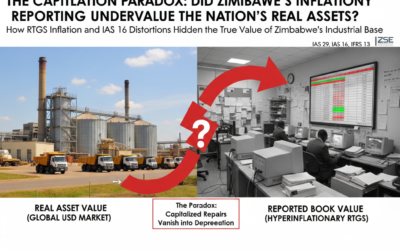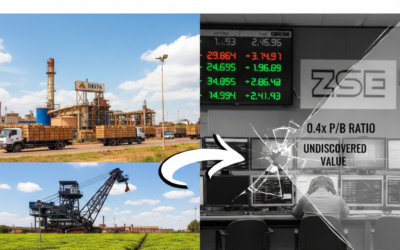Fiscal Incentives made available by government of Zimbabwe for Investors.
Tax incentives are generally defined as fiscal measures that are used to attract local or foreign investment capital to certain economic activities. Generally tax incentives must confer an advantage on the beneficiary while at the same time imposing a cost on the government.
ZIMRA administers various tax incentives aimed at promoting investment while the Ministry of Industry and International Trade, the Industrial Development Corporation and the Zimbabwe Investment Authority are the main administrators of non-tax incentives. Revenue incentives in Zimbabwe apply equally to both domestic and foreign investors and the major goals of incentives in place are:
- Income generation
- Export promotion
- Employment creation and skills transfer
- Small business development
- Industrial development
- Revenue inflows
Like many other developing countries, Zimbabwe offers a number of tax and customs incentives in the form of tax holidays, reduced tax rates, and accelerated depreciation. The incentives are given by sector, type of activity, form of organization, and geographical location of investment as follows:
Incentive in the Income Tax Act.
Build Own Operate and Transfer (BOOT) and BOT Arrangements.
- Contractors may enter into contracts with state or Statutory Corporation under which he undertakes to construct infrastructure for the state or statutory corporation.
- This will be in consideration for the right to operate or control for a specified period after which the contractor will transfer ownership or control of the item to the state or statutory corporation.
- Enjoys tax holiday for first 5 years.
- Taxed at 15% for the second five years.
Manufacturing Companies.
- Taxable income from manufacturing or processing company which exports 50% or more of its output taxed at a special rate of 20%.
Mining Companies
- All capital expenditure on exploration, development, and operating incurred wholly and exclusively for mining operations is allowed in full.
- There is no restriction on carryover of tax losses, these can be carried forward for an indefinite period.
- Taxable income of a holder of special mining lease is taxed at a special rate of 15%.
Special Initial Allowance (SIA)
- This is a capital allowance which ranks as a deduction.
- Allowed on expenditure incurred on construction of new industrial buildings, farm improvements, railway lines, staff housing and tobacco barns.
- Also allowed on additions or alterations to existing items as already mentioned
- SIA is also allowed on articles, implements, machinery and utensils purchased for purposes of trade
- Allowance is optional and once claimed this replaces wear and tear
- Allowed at the rate of 25% of cost from year one
Farmers Special Deductions
- Farmers are allowed special deductions over and above the normal deductions
- Examples include expenditure on fencing, clearing and stamping land, sinking boreholes , wells, aerial and geophysical surveys.
Double Taxation Agreements
- Zimbabwe has signed several Double Taxation Agreements
- These are meant to avoid or mitigate double taxation of the same income in the two countries to the agreement, that is, where a business entity operates in the two territories
- The agreements restrict some withholding taxes to the amounts specified
- The DTAs offer reduced rates of withholding taxes on dividends, interest, royalties and technical fees.
- As an example, almost all the DTA‟s signed limit the rate of tax on Technical Fees to 10% or less



